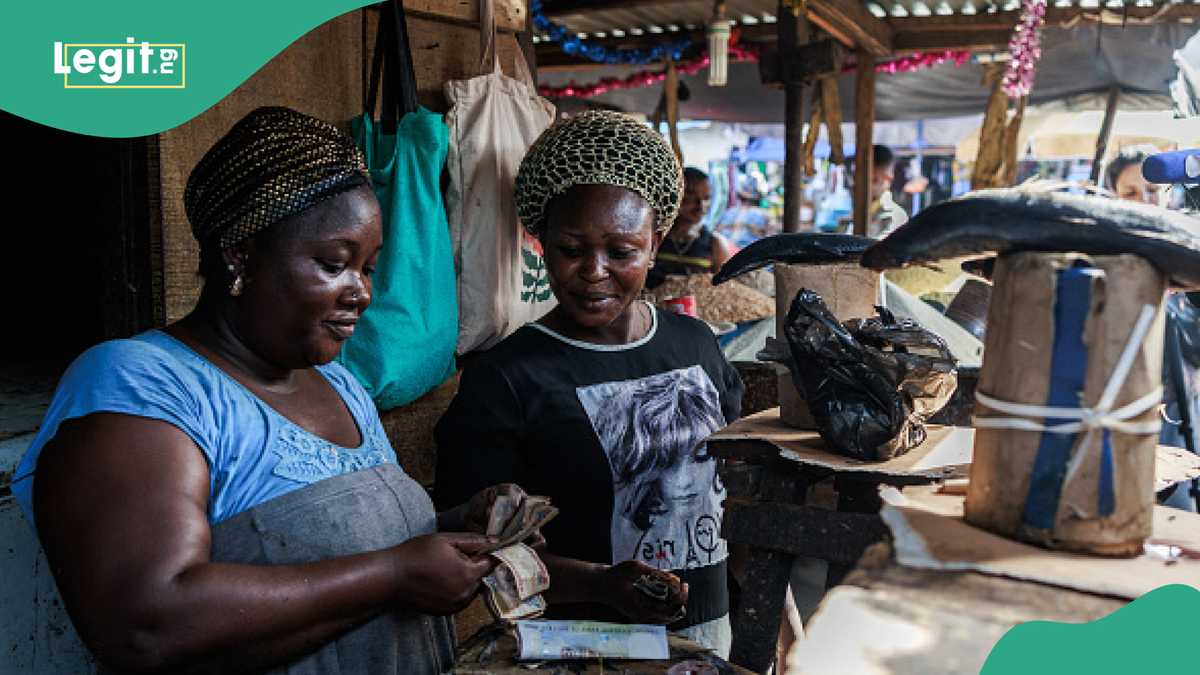


Amid ongoing economic hardship, women among Internally Displaced Persons (IDPs) in Abuja are being urged to pause childbearing. This call comes as many struggle to meet basic needs, exacerbated by the current financial climate. On September 15, 2024, the Chiggy Nsofor Foundation provided food and medical supplies to 100 pregnant women and 300 others, highlighting the urgent need for support in these communities [ae77e921].
Christiana Ishaya, a displaced woman from Kaduna State, shared her difficulties in accessing basic amenities and the distribution of family planning pills, underscoring the challenges faced by IDP women in planning their families during such tough times [ae77e921]. Similarly, Rahama Iliya from Borno State expressed frustration over the lack of government support over the past eight years, emphasizing the need for more robust assistance for displaced populations [ae77e921].
Chigozie Nsofor, founder of the Chiggy Nsofor Foundation, noted that their initiative has provided medical services to over 400 individuals, reflecting the critical role of non-governmental organizations in supporting vulnerable populations during economic crises [ae77e921].
This situation is part of a broader narrative in Nigeria, where economic hardships are impacting consumer behavior and family planning decisions. Recent surveys indicate that many Nigerians are feeling the strain of rising costs, leading to a depletion of savings and increased debt [49a6cc27]. While the National Bureau of Statistics reported a slight decline in inflation rates, many families continue to prioritize essential purchases and adjust their spending habits [43e425a0].
As the government and stakeholders monitor these trends, the plight of IDP women in Abuja serves as a poignant reminder of the intersection between economic challenges and social issues, particularly in terms of health and family planning [ae77e921].